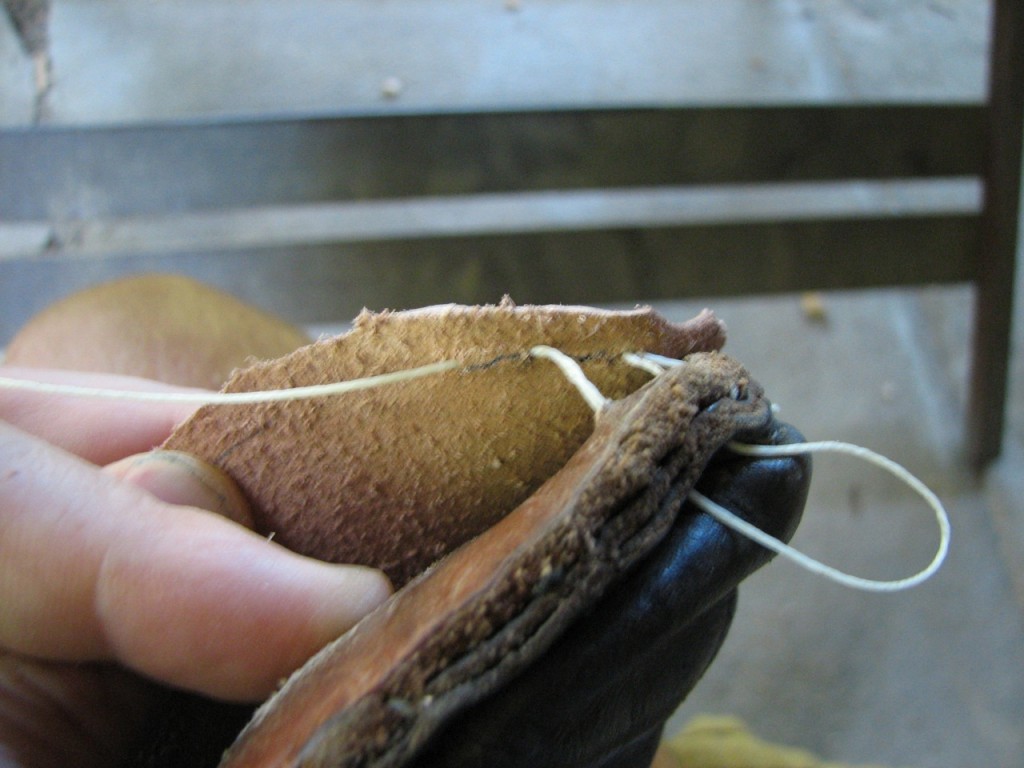Parashat Sh’lah
Numbers 13:1 – 15:41
Our Torah portion depicts a populist revolution that succeeds in producing bitter tragedy. The Israelites, despite every miracle that they have enjoyed from God – from the Exodus, to the splitting of the Red Sea, to the revelation at Mount Sinai, to receiving bread from heaven, and much more – lose faith in God precisely as they stand on the threshold of entering the Promised Land. They democratically reject their own destiny and values and refuse to enter the land.
There is no logic or rationale to the people’s decision. Thus, there is no argument that can be marshaled to persuade them to change their minds. For it is not their minds that need changing, but their hearts. God may be able to strengthen our hearts, as God did with Pharaoh, supporting what Pharaoh had already chosen, and God can perform many miracles. But God cannot change our hearts for us.
So God retreats and recalibrates the Divine Plan. This generation is simply incapable of carrying out the Plan. They will wander for forty years in the wilderness, literally killing time and themselves. After they die out, the new generation will continue into the Land.
Our Torah portion depicts a populist revolution that succeeds in producing bitter tragedy. The Israelites, despite every miracle that they have enjoyed from God – from the Exodus, to the splitting of the Red Sea, to the revelation at Mount Sinai, to receiving bread from heaven, and much more – lose faith in God precisely as they stand on the threshold of entering the Promised Land. They democratically reject their own destiny and values and refuse to enter the land.
There is no logic or rationale to the people’s decision. Thus, there is no argument that can be marshaled to persuade them to change their minds. For it is not their minds that need changing, but their hearts. God may be able to strengthen our hearts, as God did with Pharaoh, supporting what Pharaoh had already chosen, and God can perform many miracles. But God cannot change our hearts for us.
So God retreats and recalibrates the Divine Plan. This generation is simply incapable of carrying out the Plan. They will wander for forty years in the wilderness, literally killing time and themselves. After they die out, the new generation will continue into the Land.
But what can be done during all that time of wandering? What act of repair – tiqqun can be accomplished? The Torah gives us an unexpected answer: we are given the commandment to tie tassels to the four corners of our garments, to tie tzitzit. Imagine an entire people, lulling around their encampment, with nothing much to do. Here is something to do to pass the time. But how does such a make-work project become a sacred act that will counter and repair the people’s failure of nerve and their failure of faith?
First of all and most basically, it may act as a kind of therapy. Rather than giving us an intellectual reprimand, it gives us something to do with our hands. And what we do is not something grandiose and impressive. It is very simple – we string together threads and tie them into knots – and then we look at them. Moreover, it is literally marginal to anything we might consider important. The garments that we attach these tassels to would be just as functional without the tzitzit. Nevertheless, this is what we are commanded to do. These insignificant, fringe actions are rendered holy. And, as unimportant as they may seem to be, they render the garments in question either fit for use or unfit, depending on their presence. We are put on notice that we cannot so easily gauge the magnitude of a task or the significance of an action. The marginal and tenuous can make all the difference in the world.
Thus the Torah responds to our grandiose failure to accomplish the culminating stage of our miraculous journey with an assignment that is modest and doable. It responds to our phenomenal failure of faith by commanding us to perform a prosaic action that has meaning only if we have faith in it. We are to exchange our nightmares of giants with a prosaic concentration on minutiae. And if we give ourselves over to this program, we are assured that its therapeutic value is such that its performance will save us from excessive brooding over our ignominious collapse of spirit. We will forget about that disappointment and, instead, by starting with this baby step of a mitzvah, we “will remember all My commandments that I command you, and you will be able to do them.” (Numbers 15:39) By attending to our habiliments we begin our rehabilitation.
Shabbat Shalom
Rabbi David Greenstein
![]()
Subscribe to Rabbi Greenstein’s weekly d’var Torah
image: “Shoe Repair” © rahook2000 used with permission via Creative Commons
- Toby Stein: In Memoriam - Thu, Feb 8, 2024
- Faithfulness and Hope: Parashat Sh’lach - Thu, Jun 23, 2022
- Past Their Prime: Parashat B’ha`a lot’kha - Thu, Jun 16, 2022

